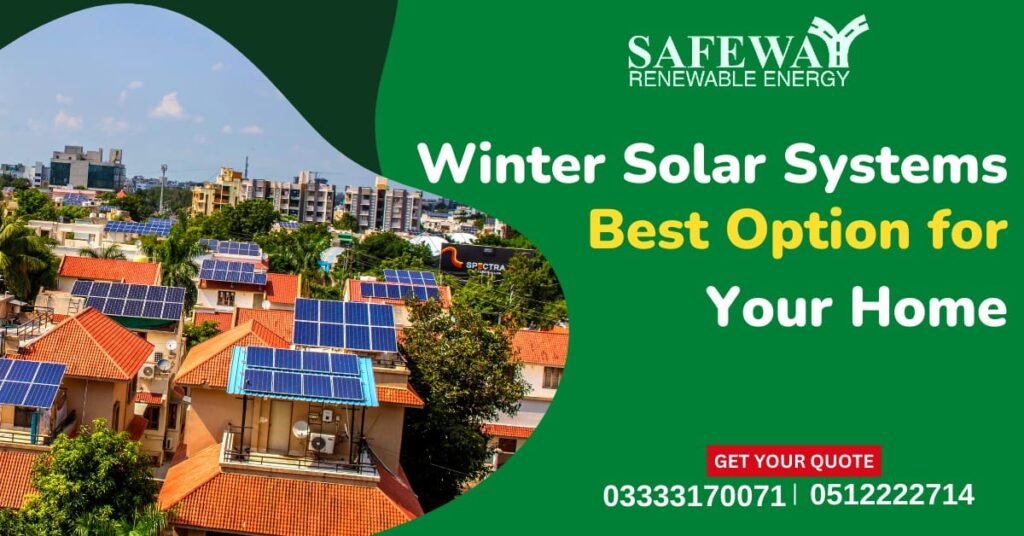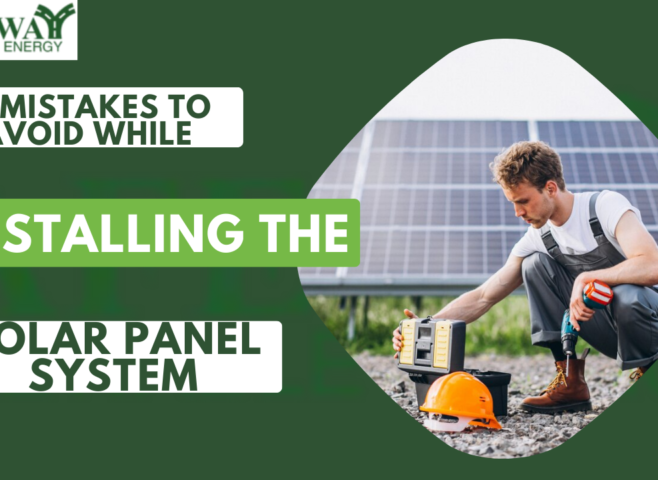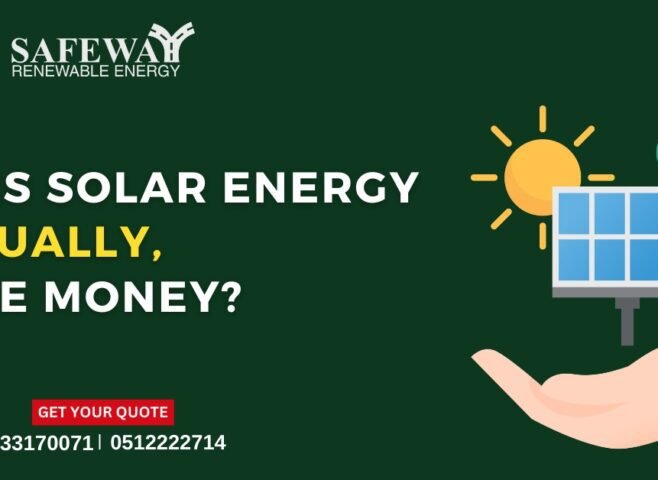
If you’re looking for an energy-efficient way to keep your home warm in the winter, solar systems are a great option. With so many different types of solar systems available, it can be hard to know which one is best suited for your needs. Let’s break down the various types of solar systems and how they work during the winter months.
What are Solar Panels?
Solar panels are the most common type of solar energy system used in residential homes. These panels absorb energy from the sun and convert it into electricity that can be used to power your home.
During the winter months, when sunlight is limited, solar panels become less efficient due to reduced exposure to sunlight, but they will still produce some electricity.
It’s important to note that solar panels require regular maintenance and cleaning in order to perform optimally throughout all seasons.
Thermal Solar Systems
Thermal solar systems use thermal energy rather than electrical energy like traditional solar panels do. This type of system uses collectors mounted on roofs or walls that absorb sunlight and then use this absorbed heat to warm air or water inside your home.
Thermal collectors are designed specifically for winter climates, making them ideal for keeping homes warm even when there is limited sunlight available. The main downside of thermal systems is that they require more space than traditional solar panels do, and they can be expensive to install initially.
Hybrid Solar Systems
A hybrid system combines both traditional solar panel technology with thermal technology in order to achieve maximum efficiency throughout the year—not just during sunny days in summertime! Hybrid systems are able to store excess heat generated by traditional photovoltaic (PV) cells, which can then be used during periods when there is less direct sunlight available such as during winters or cloudy days.
Hybrid systems also tend to be more efficient overall than other types of solar systems because they are able to capture more heat from direct sunlight while still producing usable electricity from indirect light sources such as ambient light from streetlights or nearby buildings.
Benefits of hybrid solar system
Hybrid solar systems, the combination of solar energy converters and solar system inverters, have the potential to bring a wealth of benefits to homes and businesses alike.
By defining solar energy production in parallel with solar grid power, hybrid solar systems are able to produce more stabilized solar power, which is then fed directly into both existing solar grids as well as your home or business’s individual electrical system. Since all parts of the hybrid solar system are connected together by an inverter, it can ensure maximum power yield while requiring very little maintenance.
Additionally, these inverters allow sophisticated optimization to either increase solar energy production rates or transfer existing excess solar energy into storage. As such, these technologies enable greater control and higher efficiency with surprisingly affordable cost-benefit ratios.
In conclusion, a hybrid solar system provides reliable solar power solutions at competitive prices without compromising on long-term returns or dependability.
On-grid solar System
On-grid solar systems offer a sustainable and practical way to reduce energy costs. Installing solar panels on the roof captures solar energy, which is then converted into electricity and fed into the main grid.
This technology also allows households to receive solar credits from utility companies that can be applied to their electric bills. The solar system inverter acts as the bridge between solar technology and the electrical panel, making sure that power produced by solar panels parallel with grid power flow safely.
On-grid solar systems offer an affordable way to become energy independent while reducing the amount of money you spend on electricity each month.
Benefits of on grid solar system
Investing in an on-grid solar system is one of the most sound investments a property owner can make. Utilizing solar energy as a renewable source of power helps fight climate change and reduces greenhouse gases, resulting in cleaner air for everyone.
On-grid solar systems come with the added benefit of being connected to the main energy grid and can be supplemented by additional energy from that source when needed. The solar system is accompanied by a solar system inverter which helps store any surplus solar energy you generate and can feed it back into the grid.
The ability to sell extra solar energy back to your utility provider may even generate clever savings. Plus, these solar systems are known to have a lifetime of over 25 years and are relatively low maintenance once installed!
Off-grid solar system
An off-grid solar system is a reliable and green energy solution for a variety of homes and businesses. By utilizing solar panels, this solar system works to convert solar energy into usable electrical power, no matter the time of day or night.
This can eliminate the need for expensive transmission lines or other powered infrastructure, making solar energy one of the most cost-effective solutions available today.
In addition, it reduces the environmental impact of electricity production due to its reduced reliance on traditional polluting fuel sources.
Furthermore, solar systems come with an inverter device to ensure efficient and safe operations. These solar system inverters convert DC current produced by solar panels into AC current which is then used to power devices.
With all these advantages in mind, off-grid solar systems offer many benefits compared to traditional power sources.
Benefits of off grid solar system
An off-grid solar system provides many benefits for homeowners. By harnessing solar energy, a solar system inverter can create electricity which can be used to run household appliances.
An off-grid solar system requires no connection to the utility grid, resulting in increased independence for homes and businesses. Solar energy is a clean and renewable energy source that does not require any fuel or create any pollutants, meaning it is also beneficial for the environment.
There is no need to worry about disruption from utility outages, allowing homes and businesses to continue functioning throughout these interruptions.
Additionally, due to their increasing efficiency and decreasing costs combined with generous tax incentives, solar systems offer an excellent return on investment over the years.
Conclusion:
As you can see, each type of solar system offers its own advantages and disadvantages depending on your needs and preferences.
If you’re looking for an energy-efficient way to keep your home warm during cold winter months, a hybrid system may be your best bet since it combines both traditional PV cells with thermal collectors for maximum efficiency throughout all seasons!
No matter which type you choose, investing in a quality solar system will not only help reduce your carbon footprint but also save you money on energy bills over time. That’s why you have to chose the best solar energy company around you.
Safeway Solar Energy can help you find and install the perfect winter-ready solar system for your home today!


